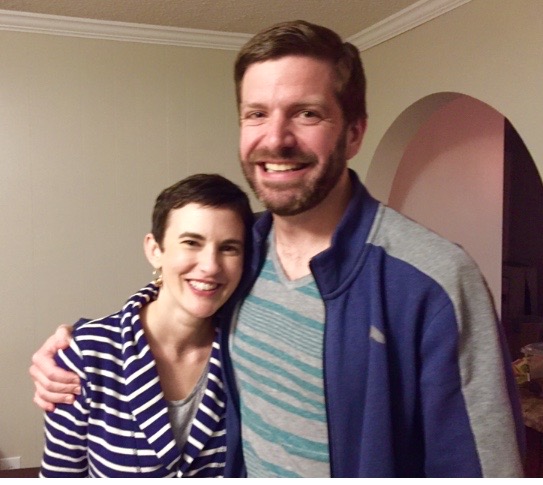The name of the author is the first to go
followed obediently by the title, the plot,
the heartbreaking conclusion, the entire novel
which suddenly becomes one you have never read, never even heard of,as if, one by one, the memories you used to harbor
From Billy Collins’s “Forgetfulness”
decided to retire to the southern hemisphere of the brain,
to a little fishing village where there are no phones.
At the beginning of the semester, my ENGL comp students had to memorize a poem. While some struggled, all of them tried, and many of them recited their selected poems perfectly, everything from Shakespeare’s Sonnet 116 to Dylan Thomas’s “Do Not Go Gentle Into That Good Night” and Lewis Carroll’s “Jabberwocky.”
Yesterday, we read the above lines from Billy Collins’s poem out loud, and I asked them to take 30 seconds and write down one line from the poem they had memorized in January. Only half of them could do it.
We did this exercise as a way to explain why I had given them a reflective essay for their final exam. For this exam, students have to reread something from one day of class earlier in the semester. Depending on the day, they could reread a short story by Jhumpa Lahiri, an act from Macbeth, or some chapters from Mother Night. Their task is to then reflect on how the second time through compared with the first: whether or not what they got out of the reading changed (or didn’t) and how they altered their reading methods and to what effect.
I told them that given the fact that their memory could be spotty (as demonstrated by the fact that some of them had already forgotten a poem they had tried to memorize just ten weeks earlier), they should plan on writing about something they had already written a paper on. If they wrote their first paper on Lahiri’s story “The Third and Final Continent” they should think about rereading it. Why? They already have the paper as a testament to what they had gotten out of it the first time. It makes it a whole lot easier to tell how the second time through it had changed (or not changed) things.
The students are telling the story of their semester in this assignment, and it’s powerful to see them exercise their memories through their writing even as they use writing to jog their memories.
Yes, I hope they’ll see how they’ve grown as a reader and writer over the semester, but the other takeaway I hope they’ll get is that writing is a powerful way to remember. To use Billy Collins’s simile, writing is the phone service that allows you to get ahold of your memories when they’re in a Brazilian fishing village.
I’ve got a file in Dropbox with my daily prayers from every day since the end of 2016. It’s an amazing time machine, better even than a diary, because it reminds me of conversations with God: a whole heap of gratitudes, requests that have been answered for others as well as myself, and the scriptures that helped me hear God’s voice in response to my petitions. I never wrote the prayers down to have something to remind myself of that particular day’s events. I always did it to focus myself in the moment. But now that the past two years have gone by in a blur with significant changes in my personal and professional life, it’s amazing to have that repository available. I hope my students start building one like that too.


